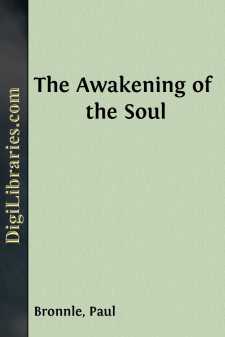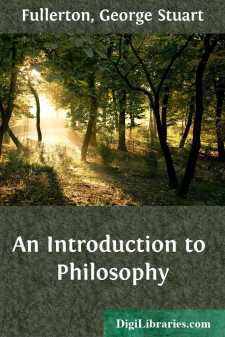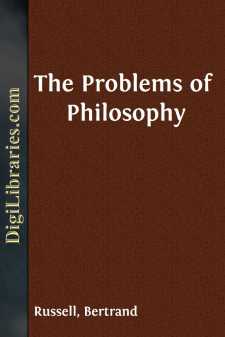Categories
- Antiques & Collectibles 13
- Architecture 36
- Art 48
- Bibles 22
- Biography & Autobiography 816
- Body, Mind & Spirit 145
- Business & Economics 28
- Children's Books 18
- Children's Fiction 14
- Computers 4
- Cooking 94
- Crafts & Hobbies 4
- Drama 346
- Education 58
- Family & Relationships 59
- Fiction 11834
- Foreign Language Study 3
- Games 19
- Gardening 17
- Health & Fitness 34
- History 1378
- House & Home 1
- Humor 147
- Juvenile Fiction 1873
- Juvenile Nonfiction 202
- Language Arts & Disciplines 89
- Law 16
- Literary Collections 686
- Literary Criticism 179
- Mathematics 13
- Medical 41
- Music 40
- Nature 179
- Non-Classifiable 1768
- Performing Arts 7
- Periodicals 1453
- Philosophy 66
- Photography 2
- Poetry 897
- Political Science 203
- Psychology 45
- Reference 154
- Religion 516
- Science 126
- Self-Help 86
- Social Science 82
- Sports & Recreation 34
- Study Aids 3
- Technology & Engineering 59
- Transportation 23
- Travel 463
- True Crime 29
Our website is made possible by displaying online advertisements to our visitors.
Please consider supporting us by disabling your ad blocker.
The Awakening of the Soul
by: Paul Bronnle
Categories:
Description:
Excerpt
INTRODUCTION
It is to two English scholars, father and son, Edward Pococke, senior and junior, that the world is indebted for the knowledge of one of the most charming productions Arabian philosophy can boast of.
Generally looked upon as a subject of repulsive aridity, in its strange combination of the most heterogeneous philosophical systems, devoid of the grace and charm of attractive style, unbrightened by brilliancy of wit or spirit, Arabian philosophy has, for centuries past, been subject to sad and undeserved neglect.
Yet I cannot imagine a better and more eloquent refutation of this erroneous view than a rendering, in fresh garb, of this romance of Hayy Ibn Yokdhan, simple and ingenuous, yet fragrant with poetry and withal fraught with deep philosophical problems the interest in which I wish to revive.
It was in the year 1671 that there was published by the Oxford University Press, as one of its first issues of Arabic texts, a book called, â,â edited by Edward Pococke the son, together with a Latin translation. It had a preface that bore the signature of Edward Pococke, the father, and this fact alone was sufficient to stamp it at once as a work in which vast erudition and thoroughness of investigation had joined handsâfor both these savants were men of wide reputation and brilliant attainments.
England, that has put students of Oriental lore under such large obligations, has never given to the world a greater Arabic scholar than Edward Pococke, âthe Glory and Ornament of his Age and Nation,â the famous author of the ââ; a veritable store-house of historical, scientific, literary, and religious information, and the equally famous editor of the annals of Eutychius and of the history of Dynasties by Abul faradj.
In the splendid array of famous Arabic scholars the last century has produced there are only two in England that rank with Edward Pococke on the same levelâtwo men whose names stand out in bold relief, namely, Edward William Lane, prince among lexicographers, and William Wright, the brilliant exponent of the theories of the native Arabic grammarians.
The co-operation of Edward Pococke, the father, in the edition of this book, â,â was indeed the best recommendation. To Edward Pococke, the father, is due the honour of having discovered and unearthed this priceless gem of Arabic philosophical literature, whilst the son, âthe worthy son of so great a father,â undertook the task, by no means an easy one, of editing the Arabic text and furnishing it with a Latin translation. This Latin translation was undoubtedly for that time a praiseworthy performance; yet, considering the enormous strides Oriental science has made during the last centuries, and with all the new material at hand, we are to-day able to put the philological groundwork on a more solid basis.
In casting about for the work of an Arabian philosopher for the âWisdom of the Eastâ Series, I could not think of anything more engaging, more captivating, than this simple romance....












